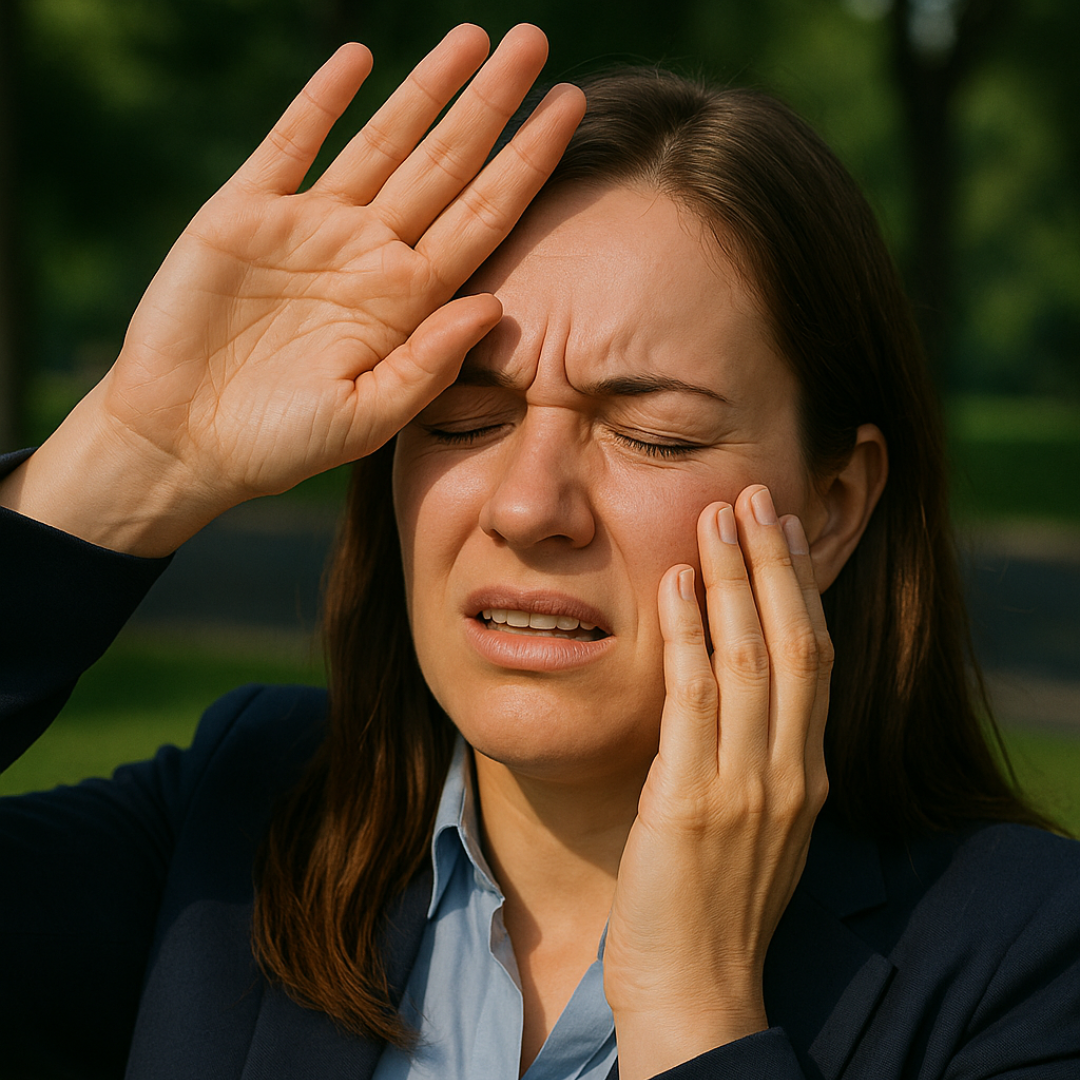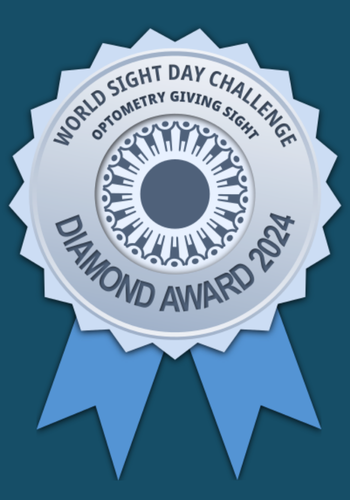Do you often feel like you need to quit work early because your eyes are sore? Or perhaps your vision is getting blurry or you just can’t wait to get home to take your contacts out. These are just two of the many complaints I hear almost every day from our patients with dry eyes.
As the weather continues to get cooler and we are all trapped behind blowing heaters in our cars, or stuck inside dry offices while staring at a computer for long hours you might find you get one or more of these dry eye symptoms: scratchy eyes, blurry or fluctuating vision, tearing eyes, red eyes, burning eyes, discomfort in contact lenses or reduced tolerance in contact lenses.













